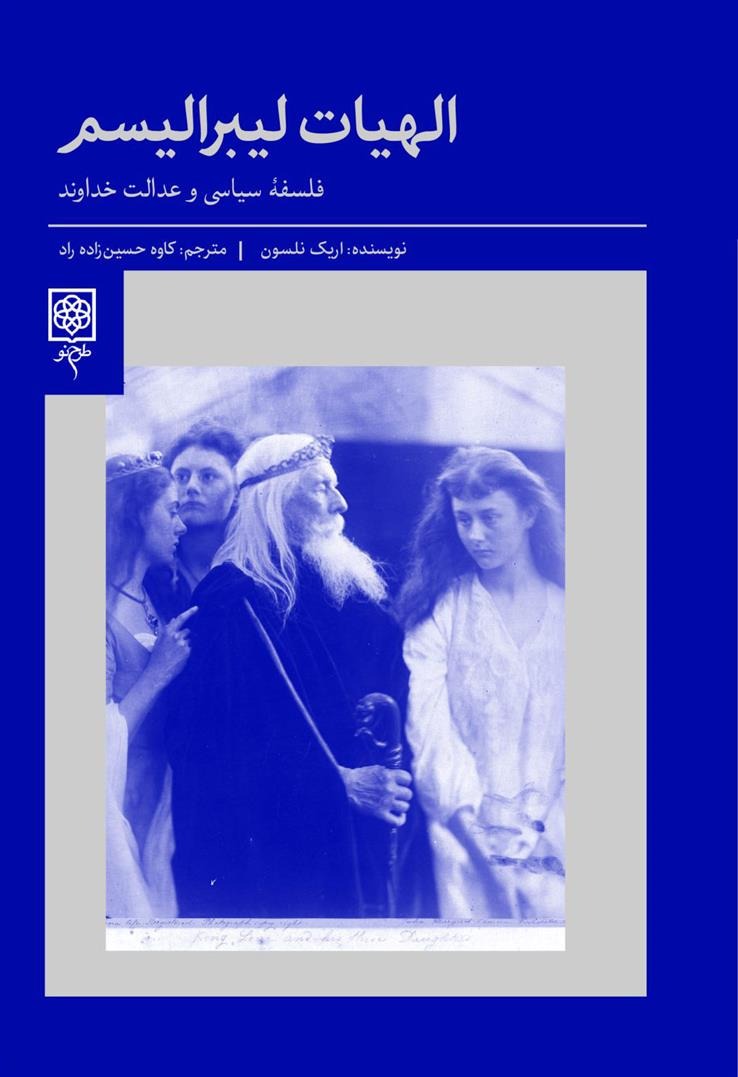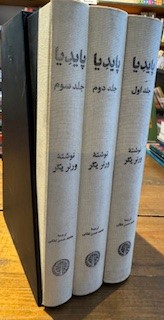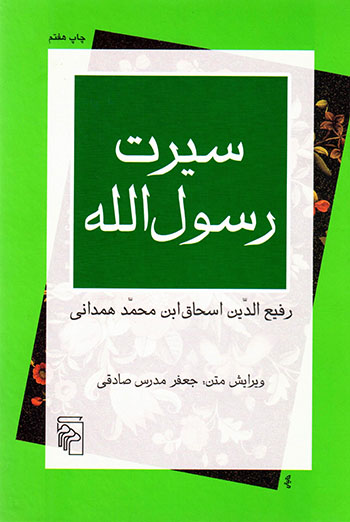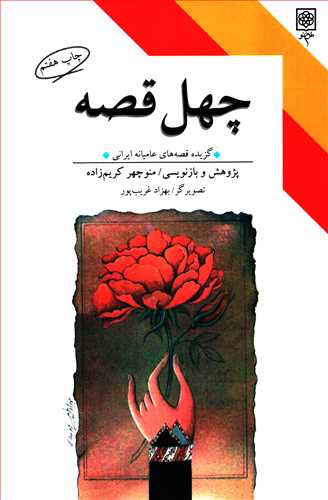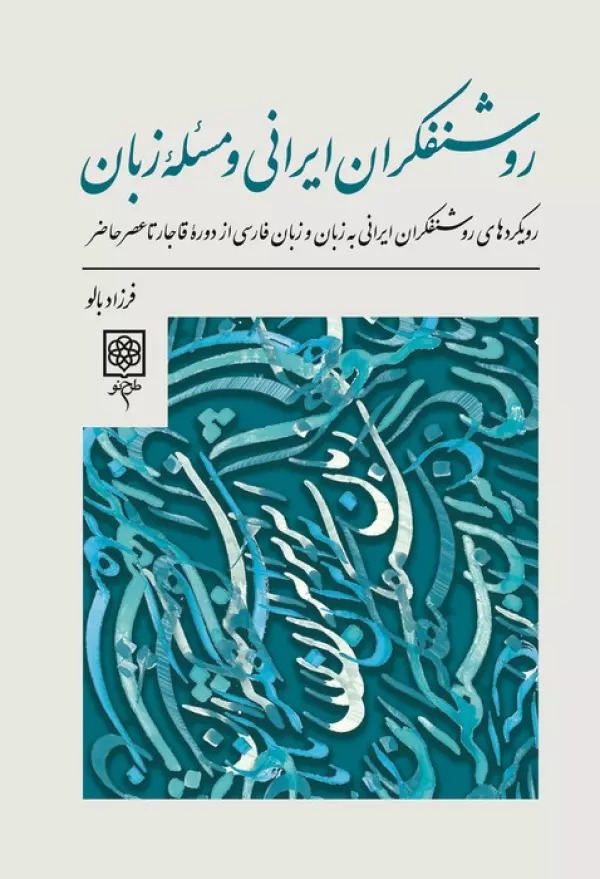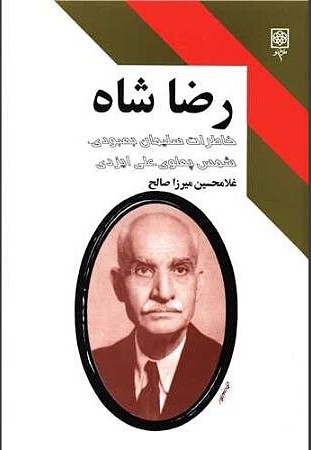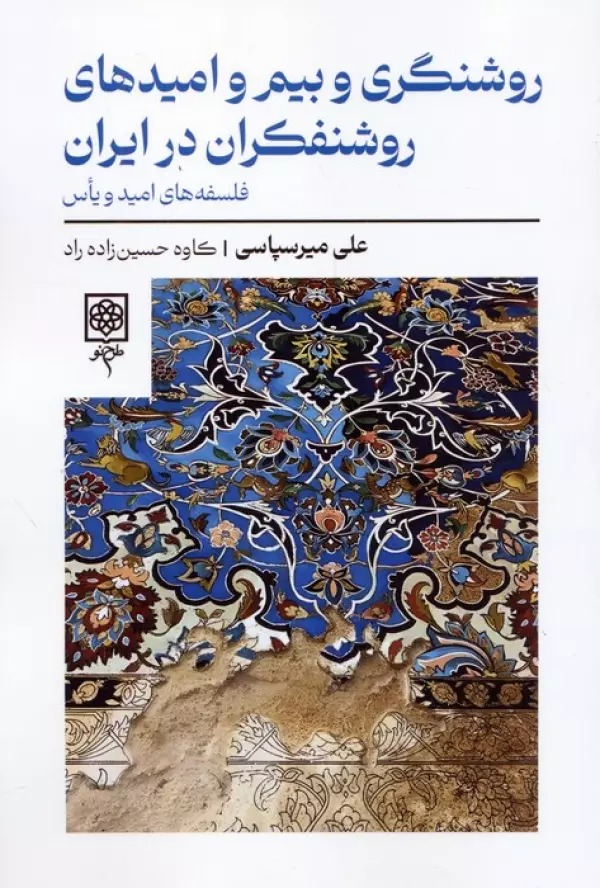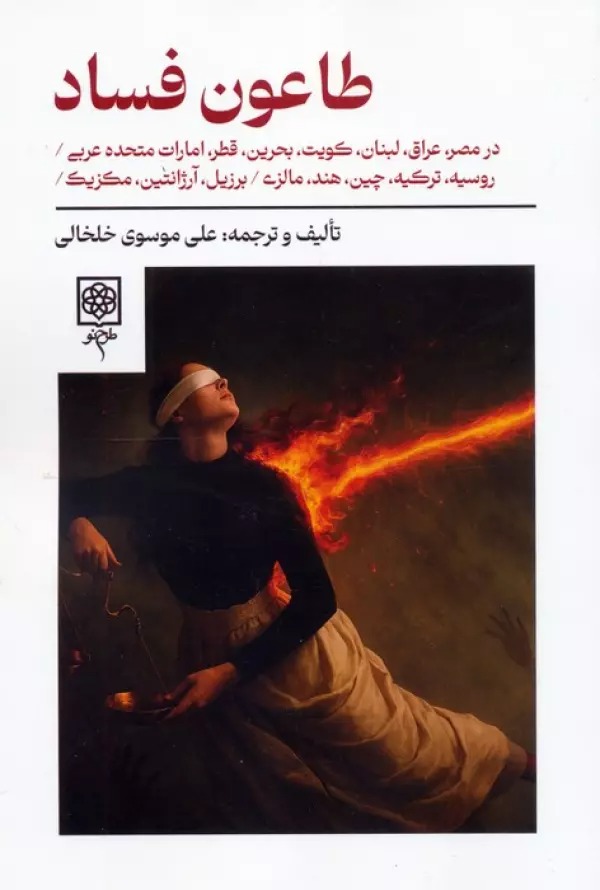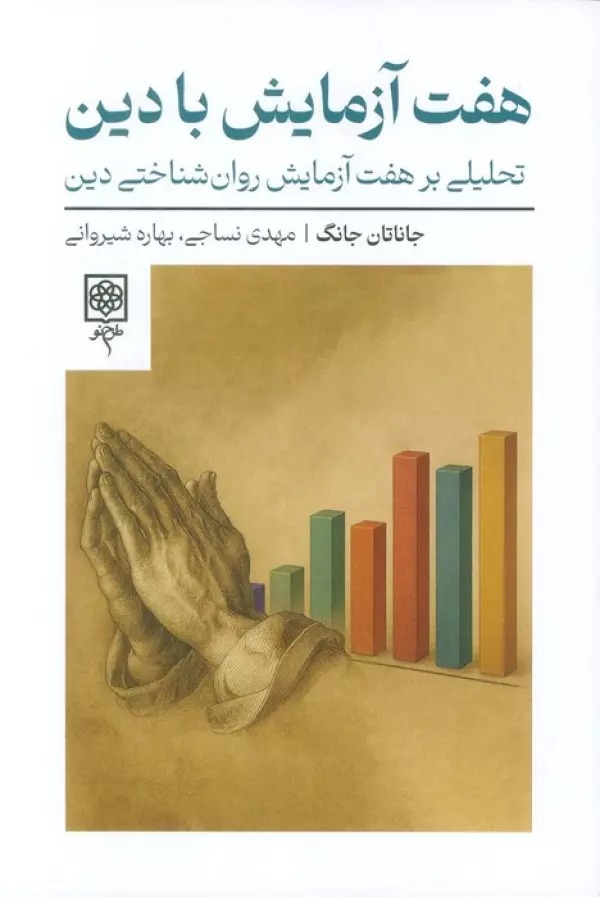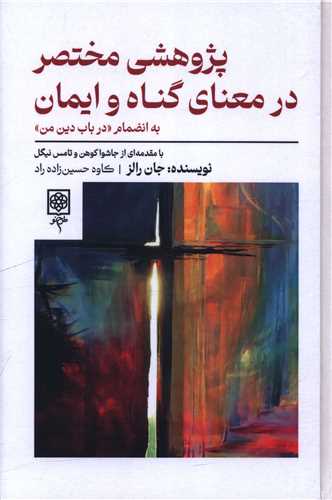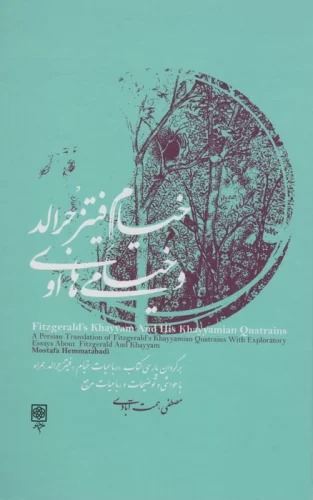Ilāhīyāt-i Lībirālīsm: Persian 1401
الهیات لیبرالیسم
17.66 £
Share
Wishlist
Original Title:
The Theology of Liberalism: Political Philosophy and the Justice of God
ISBN:
9789644891960
Translator:
Kāvah Ḥusayn'zādah Rād
Publisher:
Tarh-i naw
Age Group:
Adult
Pages:
330
Weight:
483 g
Dimensions:
14 x 21 x 5 cm
Book Cover:
Hard Cover
One of our most important political theorists pulls the philosophical rug out from under modern liberalism, then tries to place it on a more secure footing.
We think of modern liberalism as the novel product of a world reinvented on a secular basis after 1945. In The Theology of Liberalism, one of the country's most important political theorists argues that we could hardly be more wrong. Eric Nelson contends that the tradition of liberal political philosophy founded by John Rawls is, however unwittingly, the product of ancient theological debates about justice and evil. Once we understand this, he suggests, we can recognize the deep incoherence of various forms of liberal political philosophy that have emerged in Rawls's wake.
Nelson starts by noting that today's liberal political philosophers treat the unequal distribution of social and natural advantages as morally arbitrary. This arbitrariness, they claim, diminishes our moral responsibility for our actions. Some even argue that we are not morally responsible when our own choices and efforts produce inequalities. In defending such views, Nelson writes, modern liberals have implicitly taken up positions in an age-old debate about whether the nature of the created world is consistent with the justice of God. Strikingly, their commitments diverge sharply from those of their proto-liberal predecessors, who rejected the notion of moral arbitrariness in favor of what was called Pelagianism--the view that beings created and judged by a just God must be capable of freedom and merit. Nelson reconstructs this earlier "liberal" position and shows that Rawls's philosophy derived from his self-conscious repudiation of Pelagianism. In closing, Nelson sketches a way out of the argumentative maze for liberals who wish to emerge with commitments to freedom and equality intact.
more
این کتاب دربارة تأثیر دیرپای شهود لیر بر فلسفة سیاسی معاصر است. در پنجاه سال گذشته یا بیشتر، نظریهپردازان سیاسی لیبرال در جهان انگلیسیزبان این موضوع را بدیهی میدانستند که توزیع نابرابر امتیاز و مزیت در میان انسانها-نهفقط موقعیت اجتماعی، بلکه همچنین مواهب طبیعی-به تعبیر مشهور جان رالز، «از منظر اخلاقی بیحسابوکتاب و بیقاعده» یا با اصول عدالت و انصاف ناسازگار است. آنها ادعا کردهاند که نهتنها واقعیت صرف توزیع نابرابر، ناعادلانه است و منصفانه نیست، بلکه باید چنین پنداشت که بیعدالتی یا منصفانه نبودن آن، درجة مسئولیت اخلاقی ما را در قبال اقداماتی که انجام میدهیم، کاهش میدهد. با این حساب، تخصیص امتیازهای طبیعی و اجتماعی به هر فرد با شیوههایی درخور توجه، انتخابهایی را که او انجام خواهد داد، رقم میزند و بنابراین، انگارههای سنتی استحقاق و شایستگی را بسیار مشکوک میکند. لیبرالهای معاصر فقط تا آنجا با لیر مخالفاند که معتقدند توزیع خیرها بین انسانها، با عدالت خدایی که وجود ندارد، ناسازگار است.
more

